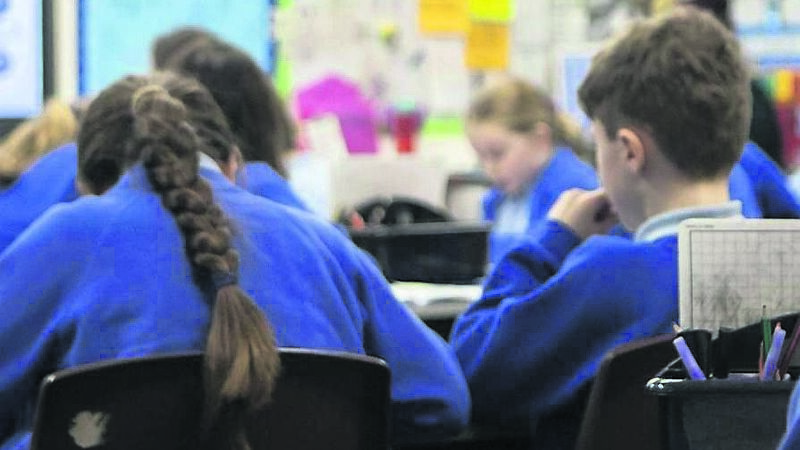Confusion over symptoms to blame for pupils with Covid attending school, says union

About 14,000 students are out of school after being designated as close contacts, leaving many principals struggling to make contact with public health. File picture
A lack of awareness of the expanded list of Covid-19 symptoms is leading to symptomatic children arriving at schools, according to the Irish National Teachers' Organisation (INTO).
Following a meeting between public health officials, the Department of Education and the teaching unions, staffing is to be ramped up on the school principals' Covid-19 helpline.










